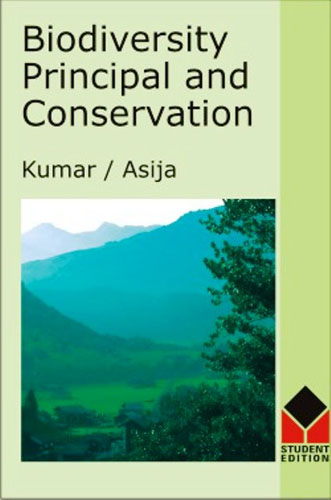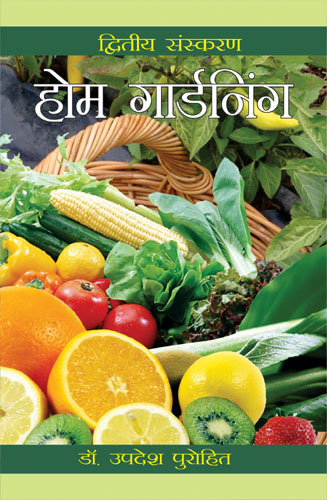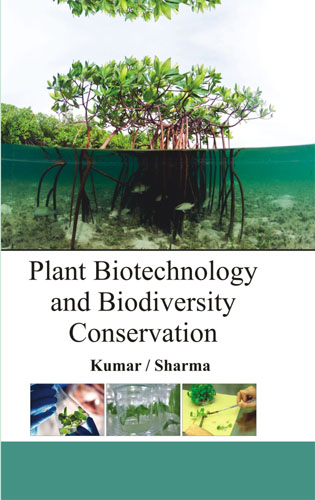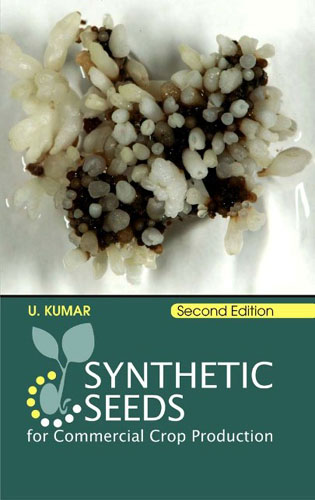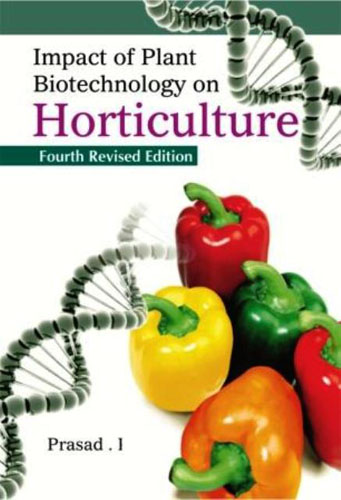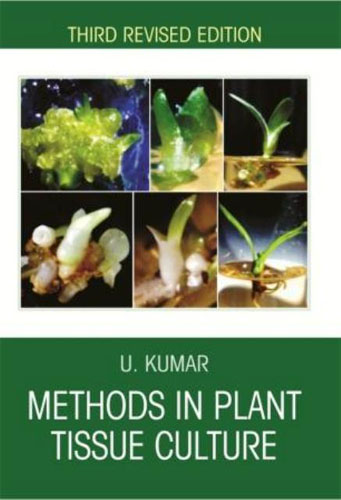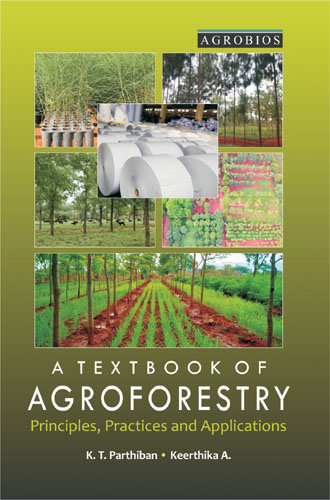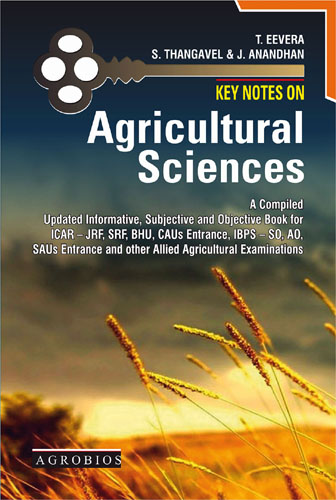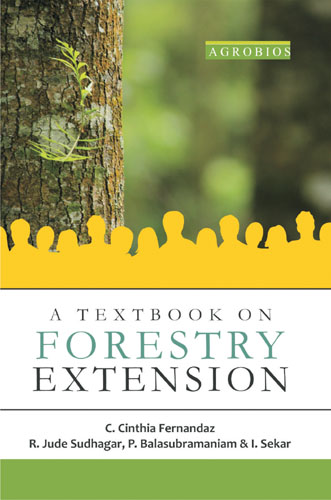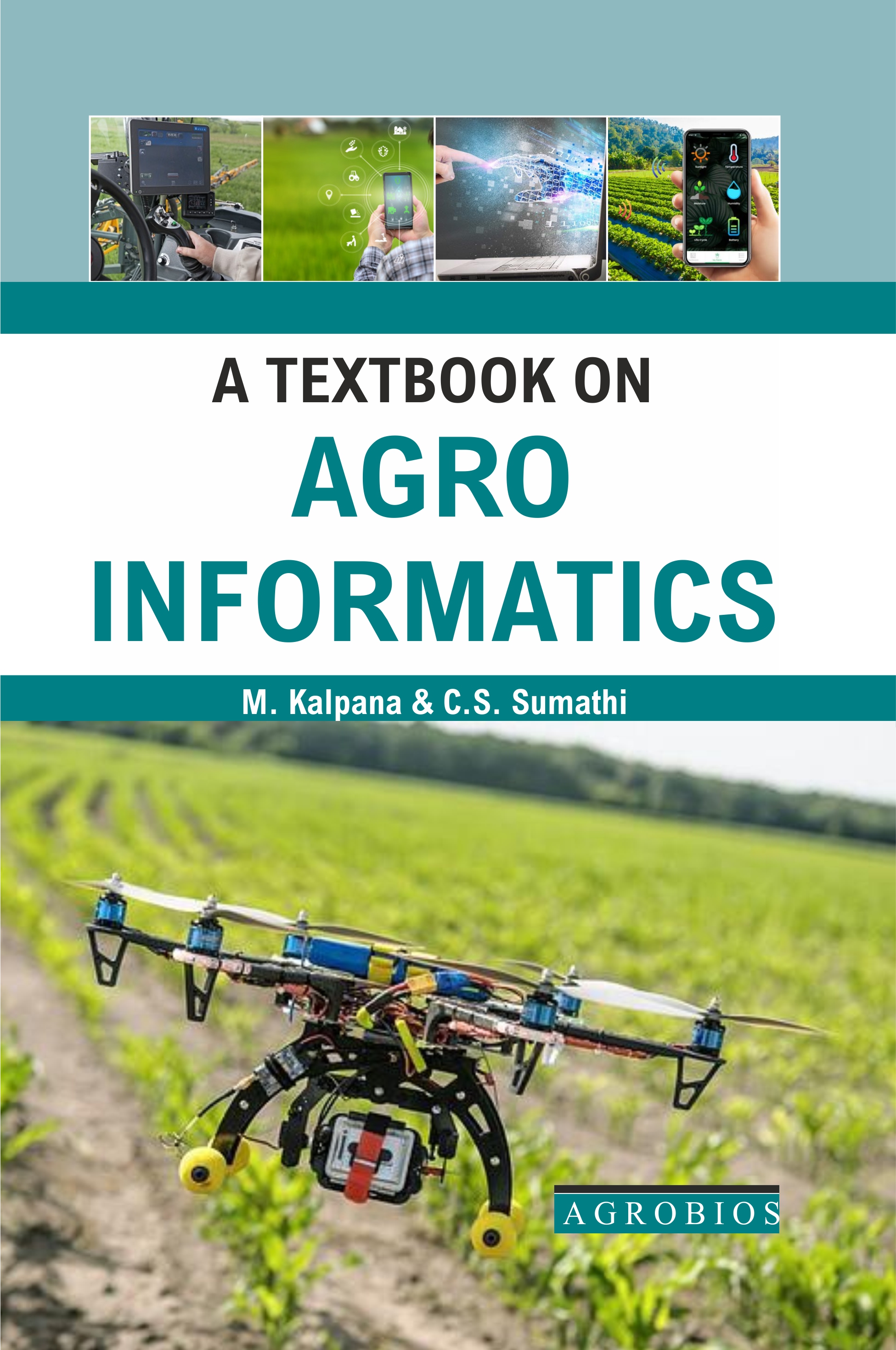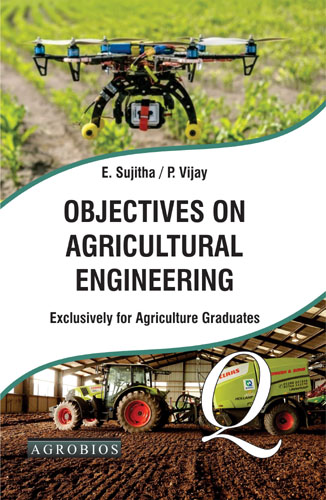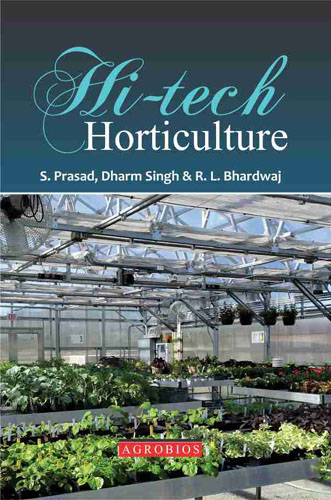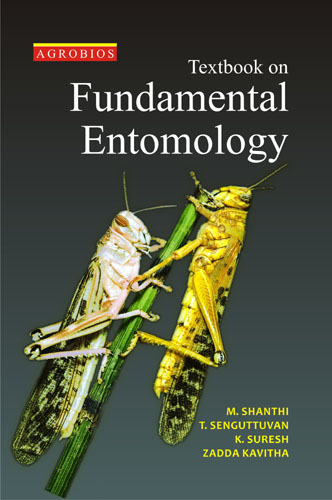Biodiversity: Principles And Conservation (2nd Ed.) (pb)
Biological diversity term was first of all put forward by Norse and Mc Manus (1980). It contains two concepts i.e. genetic diversity and ecological diversity. Biodiversity or Biological Diversity a sum of all the different species of animals, plants, fungi, and microbial organisms living on Earth and the variety of habitats in which they live. Scientists estimate that upwards of 10 million and some suggest more than 100 million different species inhabit the Earth. Each species is adapted to its unique niche in the environment, from the peaks of mountains to the depths of deep-sea hydrothermal vents, and from polar ice caps to tropical rain forests.
Perhaps the greatest value of biodiversity is yet unknown. Scientists have discovered and named only 1.75 million species- less than 20 per cent of those estimated to exist; and of those identified, only a fraction has been examined for potential medicinal, agricultural, or industrial valves Most biologists agree that life on Earth is now faced with the most severe extinction episode since the event that drove the dinosaurs to extinction 65 million years ago. Species of plants, animals, fungi, and microscopic organisms such as bacteria are being lost at alarming rates- so many, in fact, that biologists estimate that three species go extinct every hour. Scientists around the world are cataloging and studying global biodiversity in hopes that they might better understand it, or at least slow the rate of loss.
Plant and animal species are disappearing from the earth at an alarming rate, and many scientists believe that human activity is largely responsible. Biodiversity- the biological variety that thrives in a healthy ecosystem- became the focus of intense international concern during the 1990s. There are several questions regarding biodiversity:
- What species are disappearing particularly fast and why?
- Is biodiversity essential to the health of the environment?
- If sustaining biodiversity requires modifying human behavior and limiting population growth, are there any benefits to reap?
Efforts should be done to restore biodiversity. It is tough and difficult strategy. It requires specific knowledge about species and surrounding. This strategy includes diagnosis of factors responsible for the decline of species, habitat conservation, captive breeding and restriction of harvesting etc. the strategy include (1) reintroduction programmes in the original site of living (ii) augmentation programmes to increase the existing population size and genetic diversity of a species, and (iii) introduction programmes for new areas.
Any biodiversity conservation programme cannot succeed without the awareness and involvement of local people. The theme of the conservation must be in the sentiments of people. It is a crucial thing for success of any conservation programmes. Sustainable development has became key word is every policy of Government. But in present population explosion scenario, it is important to provide alternative means to the ever increasing population, otherwise all policies will be a eyewash only.
The book present an overall scenario of the subject with latest available data.
Kumar U
555
Table of Contents..
- What Is Biodiversity?
- Biodiversity: the Natural Biological Capital of the Earth
- Loss of Biodiversity
- Biodiversity Conservation
- Biodiversity Conservation: India Scenario
- Biodiversity Conservation: Value Addition through Biotechnology
- Biodiversity Conservation: Legal Aspects
- Biodiversity: Policy and Priority Setting
- Biodiversity Conservation: Future Strategies for India
- Appendix
- Abbreviations
- Glossary
- Bibliography
Book Details
Book Title:
Biodiversity: Principles And Conservation (2nd Ed.) (pb)
Biodiversity: Principles And Conservation (2nd Ed.) (pb)
Book Type:
TEXTBOOK
TEXTBOOK
No Of Pages:
300
300
Color Pages :
0
0
Color Pages :
0
0
Book Size:
DEMY (5.5X8.5)
DEMY (5.5X8.5)
Weight:
350 Gms
350 Gms
Copyright Holder:
All Rights Reserved
All Rights Reserved
Imprint:
STUDENT EDITION
STUDENT EDITION
Readership:
PG STUDENTS | UG STUDENTS |
PG STUDENTS | UG STUDENTS |
Associated Subjects:
Agricultural Sciences , Environmental Sciences , Life Sciences , Pharmacy , Veterinary And Animal Sciences ,
Agricultural Sciences , Environmental Sciences , Life Sciences , Pharmacy , Veterinary And Animal Sciences ,



